By Buertey Francis BORYOR Ghana's blockchain creators have been encouraged to focus on research that provides real-world solutions for t...
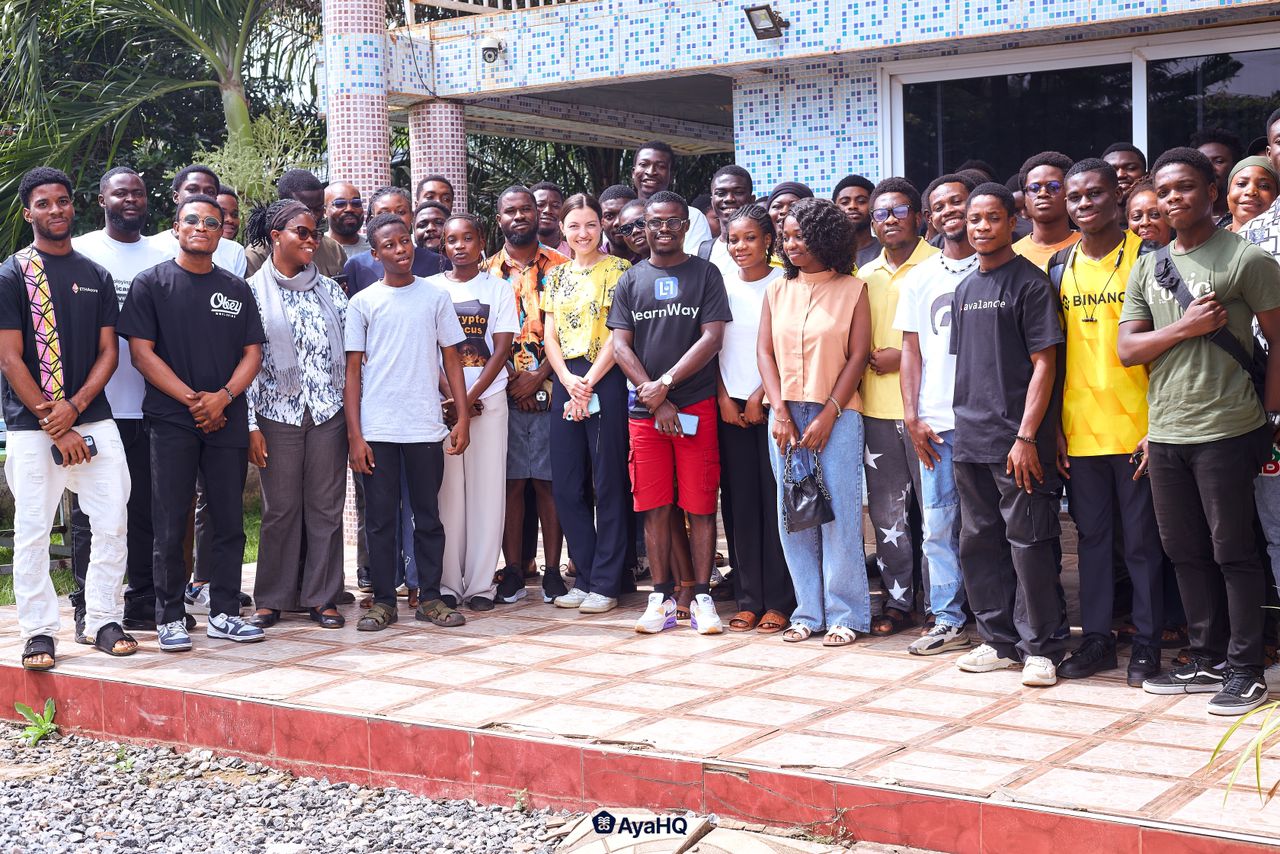
By Buertey Francis BORYOR
Ghana's blockchain creators have been encouraged to focus on research that provides real-world solutions for the continent, rather than mainly concentrating on financial uses.
Senior lecturer at the University of Ghana Business School, Dr. Emmanuel Aikins Abakah, in an interview with theB&FT at AyaHQ’s ‘Blockchain Adoption in Ghana’ project event, stated that they need to go beyond payment tools and investigate innovations that address significant challenges in health, farming, administration, and other essential areas.
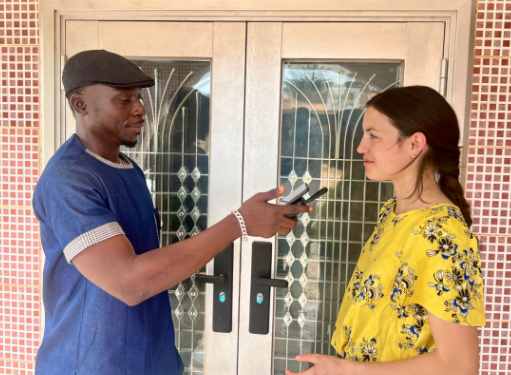
Furthermore, he highlighted that for the nation to take the forefront in the digital transformation, its programmers need to go beyond international trends and create solutions tailored to local conditions.
Many developers in Ghana continue to concentrate primarily on payment and settlement technologies, despite the fact that the continent's most significant issues are found in fields like health, agriculture, transportation, education, and land management. For the country to truly emerge as a blockchain center, developers must redirect their efforts toward these areas and develop solutions that deliver genuine value.
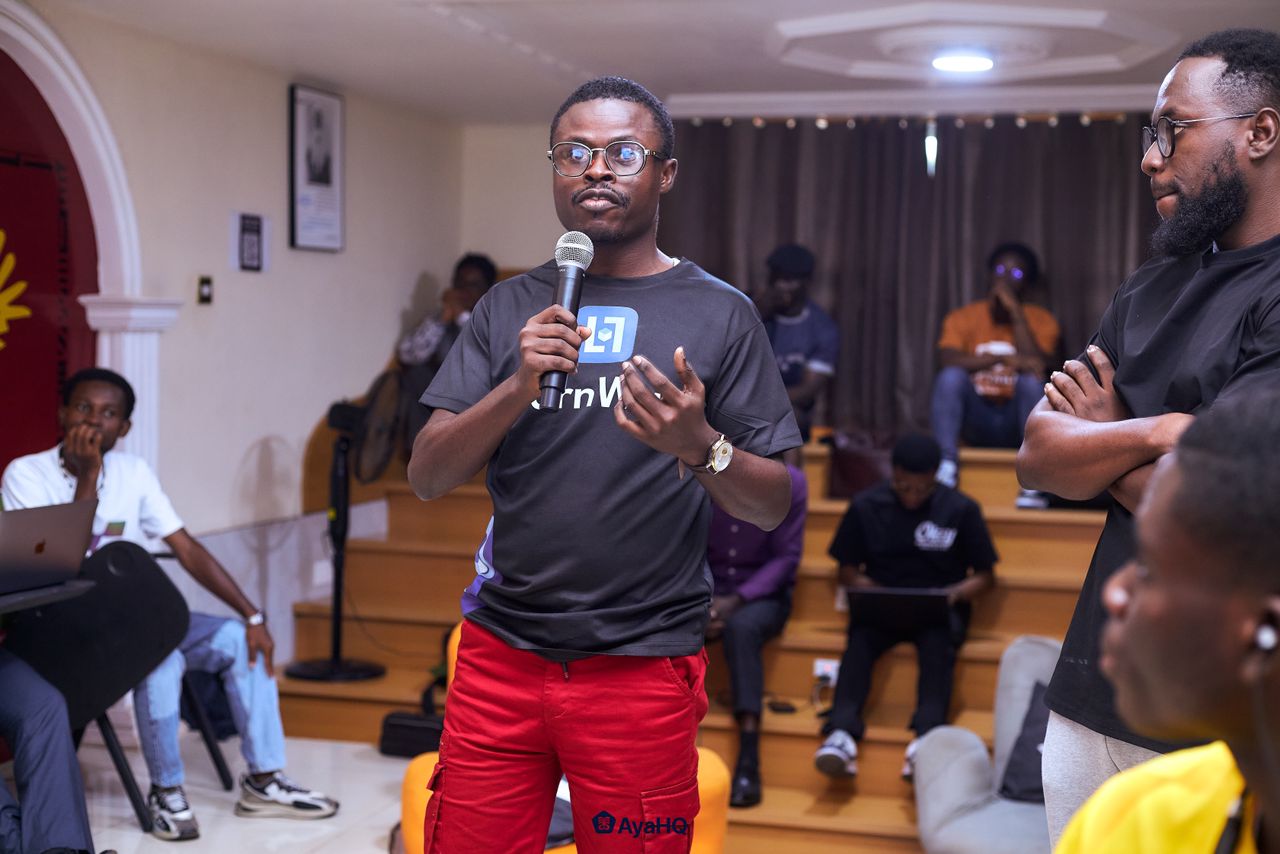
"We require thorough research. Our nation's blockchain developers should dedicate more time to recognizing critical local issues, collaborate with scholars, and create solutions that align with the country's economic frameworks and cultural contexts. Only through research can we fully harness the capabilities of blockchain and assume a leading position on the continent," the lecturer explained.
The gathering—a dialogue session involving developers and academics—emphasized the opportunities and challenges associated with incorporating blockchain technology within the nation.
Additionally, the lecturer, who is also engaged in blockchain research, mentioned that the technology has the potential to improve governance and minimize corruption by establishing transparent systems for public records and transactions.
He refuted the common misunderstanding that blockchain equals fraud and stated, "this fear, typically fueled by cultural inclinations, can only be addressed through a country's dedication to digital and financial education."
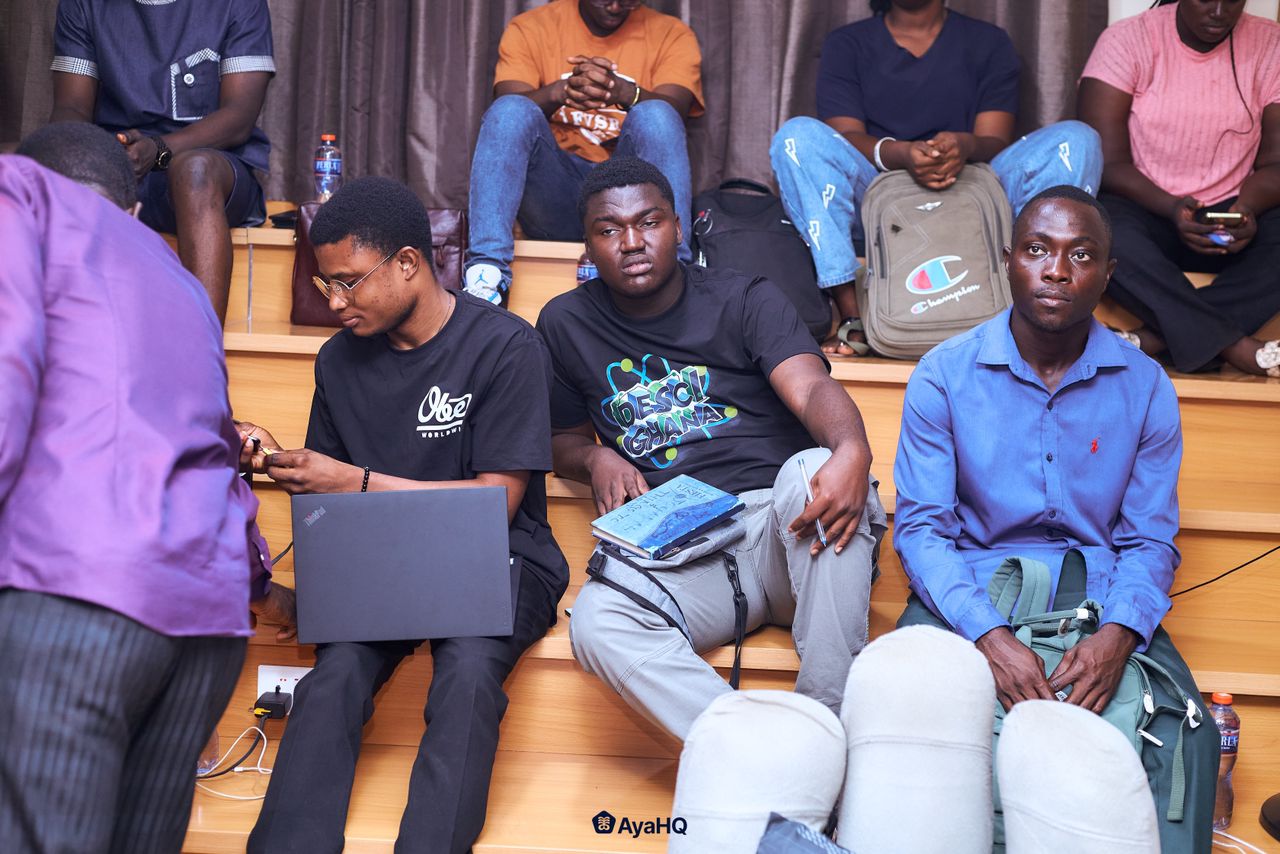
As a result, he suggested incorporating these subjects into the school syllabus starting from the Junior High School stage to establish a base of knowledge and familiarity with emerging technologies at an early age.
Additionally, Dr. Abakah rejected the notion that regulators are reluctant to embrace blockchain due to fear—characterizing their approach as a careful "wait and see" strategy, akin to the time before mobile money was officially regulated.
Although recognizing that regulators are beginning to intervene as the usage of digital assets increases, especially in the area of money transfers, he mentioned that an unbalanced strategy could hinder the innovation they aim to support.
"Excessive regulation may hinder creativity. It is essential to have a cooperative approach that allows developers to innovate while being directed by reasonable guidelines," he stated.
Eliza Oak, the head researcher at the Ethereum Foundation and a key figure in the project, provided perspectives from her study during a media session after the event. She mentioned that her research uncovered an encouraging and unexpected degree of involvement from the nation's regulatory bodies—officials who are monitoring data related to public adoption.
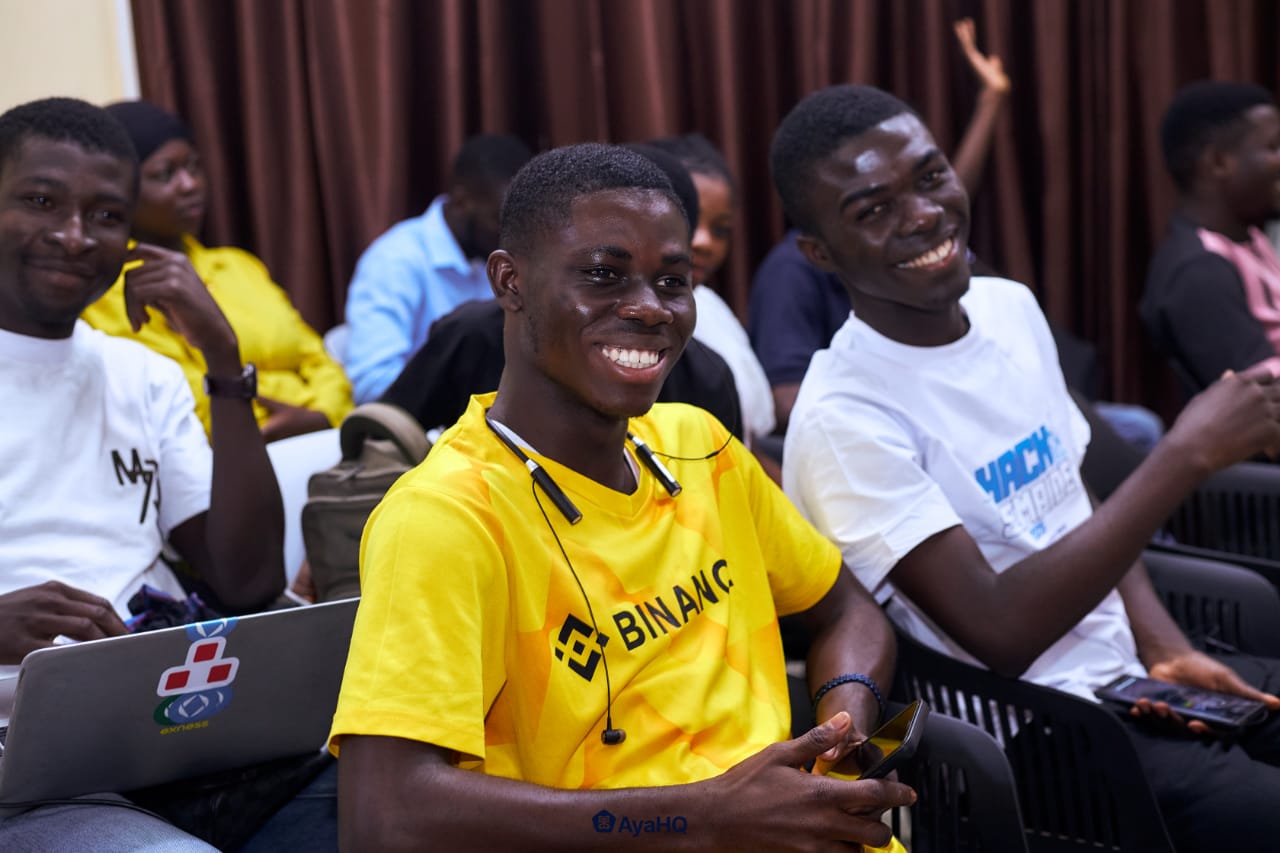
"I have been pleasantly surprised by how closely various government regulators are monitoring this issue. For example, the Ministry of Finance views blockchain technology as unavoidable, indicating that the country is moving towards establishing an innovative center," she disclosed.
She highlighted the country's payment system—especially for remittances and international transactions—as the most promising area, and recommended that blockchain could be integrated with its strong mobile money framework to reduce costs and enhance speed, delivering clear advantages that would encourage usage.
To foster public confidence, the researcher emphasized the importance of education, proposing seminars and discussion panels to close the information gap.
Kwame Stalwart, the hub manager at AyaHQ Builder Hub in Abokobi, mentioned that the event aimed to provide researchers with immediate insights from builders and startup entrepreneurs regarding the current status of blockchain adoption within the nation.
He mentioned the tendency to promote blockchain without first highlighting its advantages as a factor contributing to its slow uptake, advising developers to concentrate on user experience and applicability. He also motivated future citizens to engage with builder communities.
Furthermore, he noted that Web3If the country's blockchain sector minimizes the use of technical jargon, adoption is likely to increase. "Individuals only need to understand that an application functions and addresses an issue. The underlying technology should stay hidden. This method will enable more users to access blockchain services without feeling overwhelmed."
"Products should be labeled in an easy manner. If an application facilitates money transfers, users should identify it as a remittance app. If it is designed for education, it needs to be displayed as a learning resource. Growth will increase when products emphasize practicality over technical difficulty," he explained.
He stated that AyaHQ functions as a central ecosystem builder by providing a space for developers, designers, marketers, and early-stage entrepreneurs, noting that young individuals passionate about blockchain can join the hub to gain access to mentorship, training, and development opportunities. "Web3 relies on communities. hubs such as AyaHQ offer access to coders, marketers, and designers, forming a comprehensive ecosystem for learning and creativity," he mentioned.
Provided by SyndiGate Media Inc.Syndigate.info).


